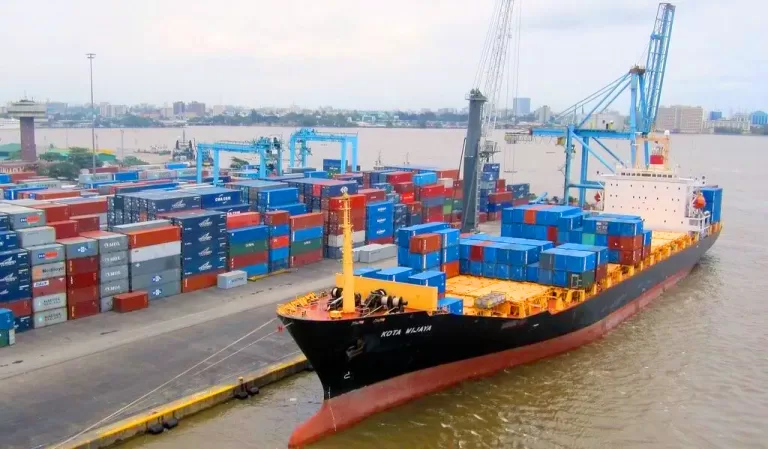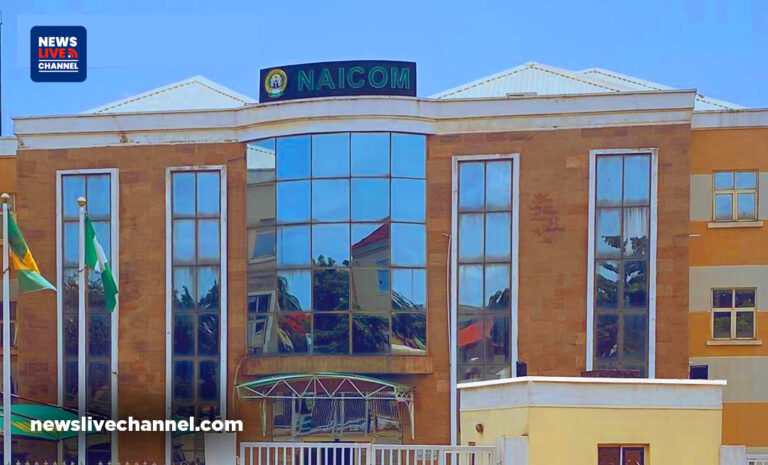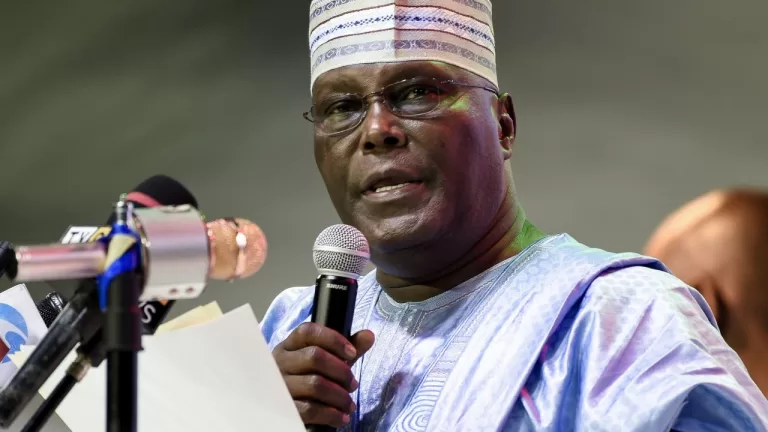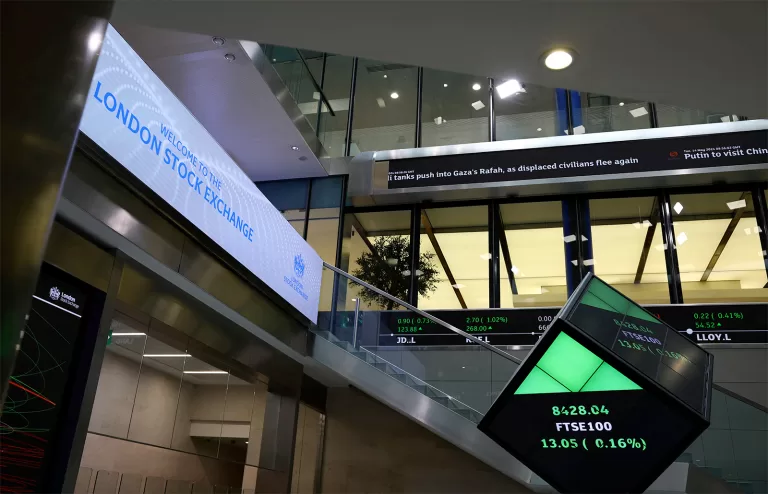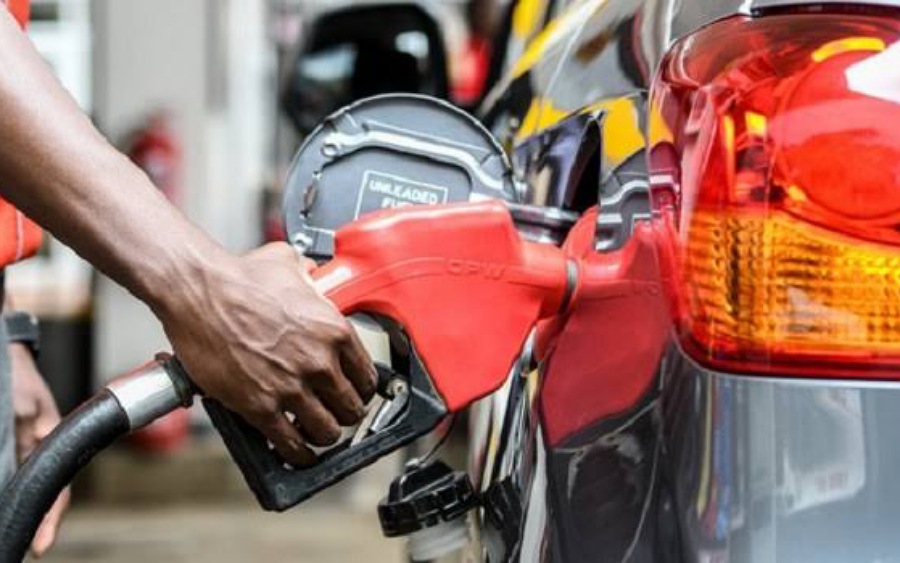
Lagos, Nigeria – March 31, 2025 – Petrol prices in Lagos have surged to between ₦925 and ₦935 per litre, marking a new high in Nigeria’s ongoing fuel price volatility. The increase, which took effect over the weekend, comes as petrol landing costs skyrocketed to ₦843.28 per litre, up from ₦797 per litre just two weeks ago.
Industry sources attribute the sharp rise to several key factors, including the Dangote Refinery’s recent halt in naira-denominated sales, supply constraints in the global market, and ongoing negotiations over the naira-for-crude policy.
Global Market Volatility and Refinery Shutdowns Drive Up Costs
According to the Major Energy Marketers Association of Nigeria (MEMAN), the international oil market has seen significant disruptions over the past two weeks, directly impacting local fuel prices.
A major factor is the seasonal shift from winter to summer-grade gasoline in Europe, which historically trades at a premium. This transition, coupled with supply bottlenecks, has led to price hikes in key global fuel hubs like the Amsterdam-Rotterdam-Antwerp (ARA) trading zone—a critical benchmark for global petroleum prices.
MEMAN’s latest bulletin reports that supply constraints have worsened due to:
- Unprofitable arbitrage flows into Europe, limiting fuel shipments.
- ARA hub stocks dropping to a 12-week low, tightening availability.
- Seasonal refinery maintenance across Europe, reducing production capacity.
- A recent fire at Italy’s Falconara refinery, further straining supply chains.
These global factors have significantly impacted the landing cost of petrol in Nigeria, which fluctuates throughout the day based on market conditions.
Dangote Refinery’s FX Policy Shift Adds Pressure
Another major contributor to the price surge is the Dangote Refinery’s decision to stop selling petrol in naira, which took effect two weeks ago. The refinery—Nigeria’s largest and a key domestic supplier—now requires payments in US dollars, putting additional strain on fuel marketers who rely on foreign exchange to import or procure locally refined products.
While Nigeria’s foreign exchange market has seen relative stability in recent weeks, access to affordable FX remains a major challenge for importers and local distributors.
How Landing Costs Are Calculated
MEMAN outlined key cost components that determine the final landing price of petrol into Apapa/ASPM Jetty, including:
- Exchange rate fluctuations affecting import costs.
- Finance charges at 32% per annum for a 30-day period.
- Ship-to-Ship (STS) transfer costs, which could be reduced through direct port delivery.
- Nigerian Maritime Administration and Safety Agency (NIMASA) levies (2% of local STS costs).
- Nigerian Midstream and Downstream Petroleum Regulatory Authority (NMDPRA) fees (0.5% MDGIF charges).
- Nigerian Ports Authority (NPA) and VAT costs, covering towage, berthage, ship dues, and cargo handling.
- Contingency fees, fire coverage, agency fees, and other logistics costs estimated at ₦2 per litre.
Industry Advises Cost-Cutting Strategies
To mitigate rising costs, MEMAN has urged industry players to adopt cost-saving measures, including:
- Negotiating better pricing structures with suppliers.
- Improving access to foreign exchange through regulatory channels.
- Optimizing logistics by eliminating costly Ship-to-Ship (STS) transfers where possible.
- Importing fuel in larger cargo shipments to spread cost efficiencies.
Consumers Brace for More Price Volatility
With no immediate resolution in sight, fuel prices are expected to remain volatile in the coming weeks, especially as global supply tightens and Nigeria continues to navigate its foreign exchange challenges.
For now, motorists and businesses face the harsh reality of rising fuel costs, while policymakers work to finalize negotiations on the naira-for-crude policy, which could provide some relief if successfully implemented.


